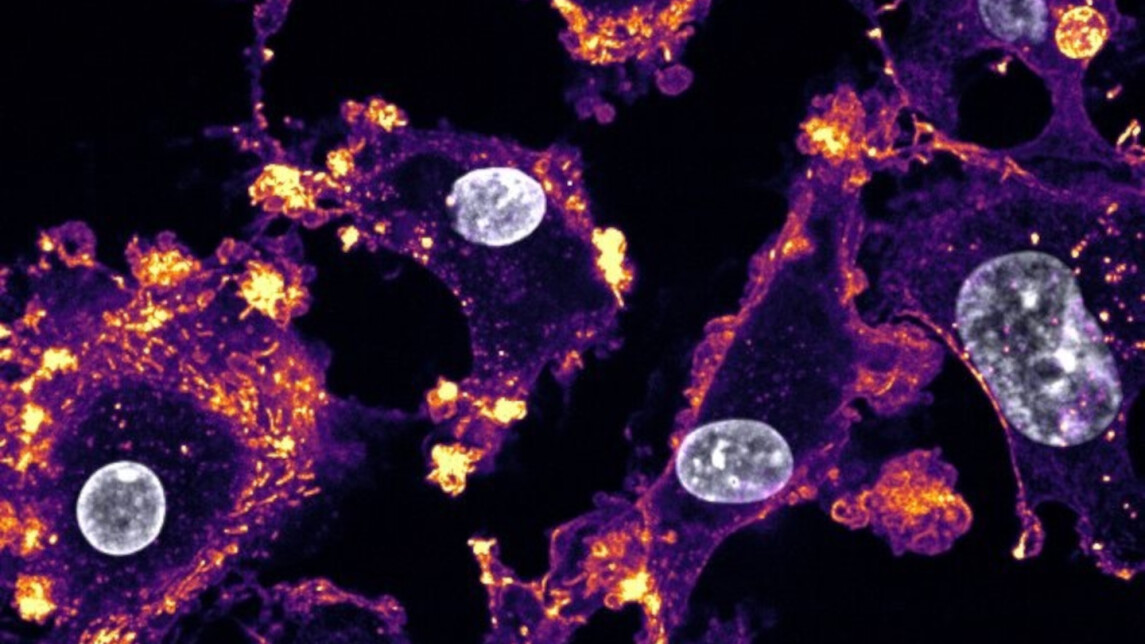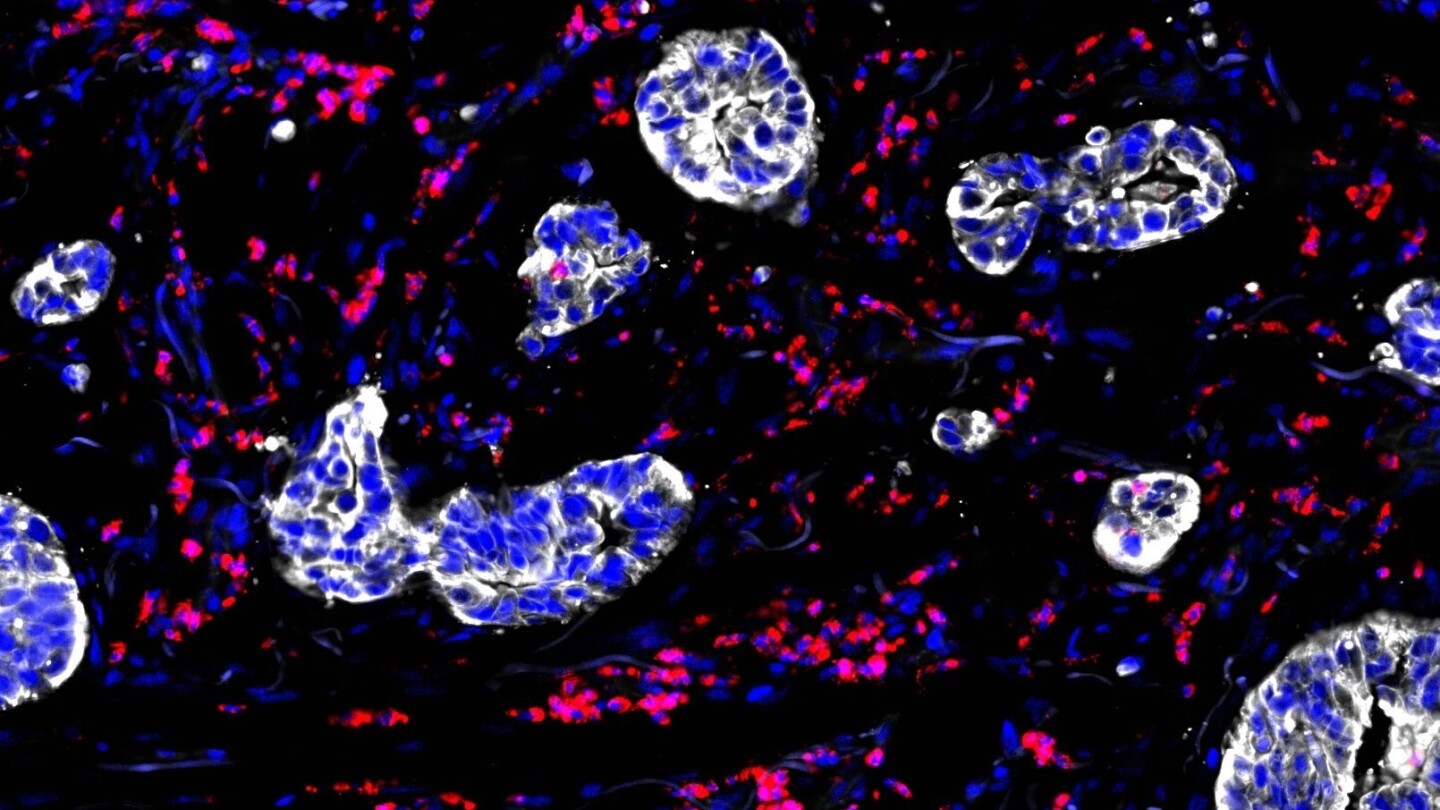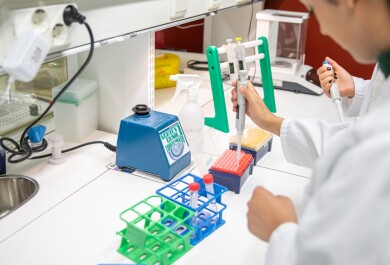Researchers at the University of Turku have uncovered how the new bexmarilimab therapy alters the function of immune cells so that they can infiltrate the tumour in cancer patients who do not respond to any other current therapies.
Cancer immunotherapy utilises the body’s own defence machinery, the immune system, to fight against cancer. Novel immunotherapies are being developed to help patients whose immune cells fail to attack cancer even with the aid of currently available therapies.
One potential future cancer therapy, bexmarilimab, changes macrophage behaviour to promote anti-tumour immune defence. Macrophages are highly plastic immune cells that cancer can utilise to avoid detection by the immune system. Docent Maija Hollmén’s research group at the InFLAMES Research Flagship at the University of Turku has investigated how bexmarilimab therapy alters immune cell function within patient tumours.
“In a clinical trial for advanced-stage cancer, bexmarilimab therapy was well tolerated and stabilised disease progression in subsets of patients. In patients benefitting from the therapy, we observed tumour-associated macrophage and lymphocyte activation as well as induction of interferons, which are all important signs of anti-tumoral immune defence,” says Dr Hollmén.
The study utilised a novel spatial transcriptomics method that allowed the researchers to investigate changes in immune cell gene expression in a spatial context of patient tissue samples.
Efficacy in tumours resistant to current immunotherapies
Individual cancer patients differ greatly in their sensitivity to immunotherapies, as tumours can resist immune attacks to varying degrees. Therefore, it’s important to identify tumour types where a novel immunotherapy has highest efficacy.
By treating patient-derived cancer cells and immune cells with bexmarilimab in cell cultures, Hollmén’s group could study in detail how individual immune cells react to bexmarilimab.
“We observed similar immune system activation in patient-derived cell cultures as we saw within patient tumours: bexmarilimab stimulates the macrophages, which can then activate T lymphocytes that are proficient in killing cancer cells. Successful treatment therefore depends on the co-operation of several immune cell types,” describes Jenna Rannikko, who is the first author of the related research articles.
The similarities between the clinical study and patient-derived cell cultures encouraged the group to investigate why bexmarilimab lacks efficacy in some patients. They discovered that macrophage exposure to interferons prevents bexmarilimab from activating them.
“This is highly significant, as it means that bexmarilimab would be most efficacious in tumours where currently available immunotherapies work poorly. Those tumours have lower levels of interferons. After bexmarilimab-induced anti-tumoral immunity, these tumours could become sensitive to currently available immunotherapies as well,” concludes Rannikko.
Bexmarilimab is a new cancer drug developed by Faron Pharmaceuticals in Turku, Finland. The research was published in the esteemed peer-reviewed journals Cell Reports Medicine and Cancer Immunology Research in November and December 2023.
Flagship is a joint initiative of University of Turku and Åbo Akademi University, Finland. The goal of the Flagship is to integrate the immunological and immunology-related research activities to develop and exploit new diagnostic and therapeutic tools for personalised medicine. InFLAMES is part of Research Council of Finland´s Flagship Programme.






